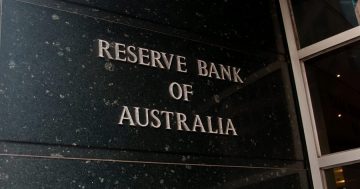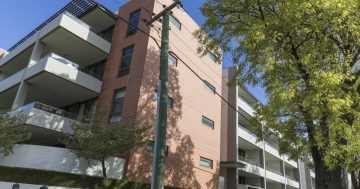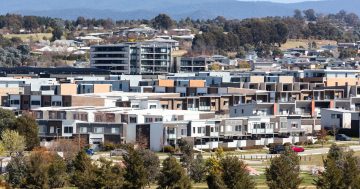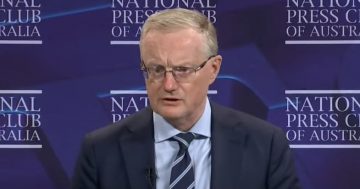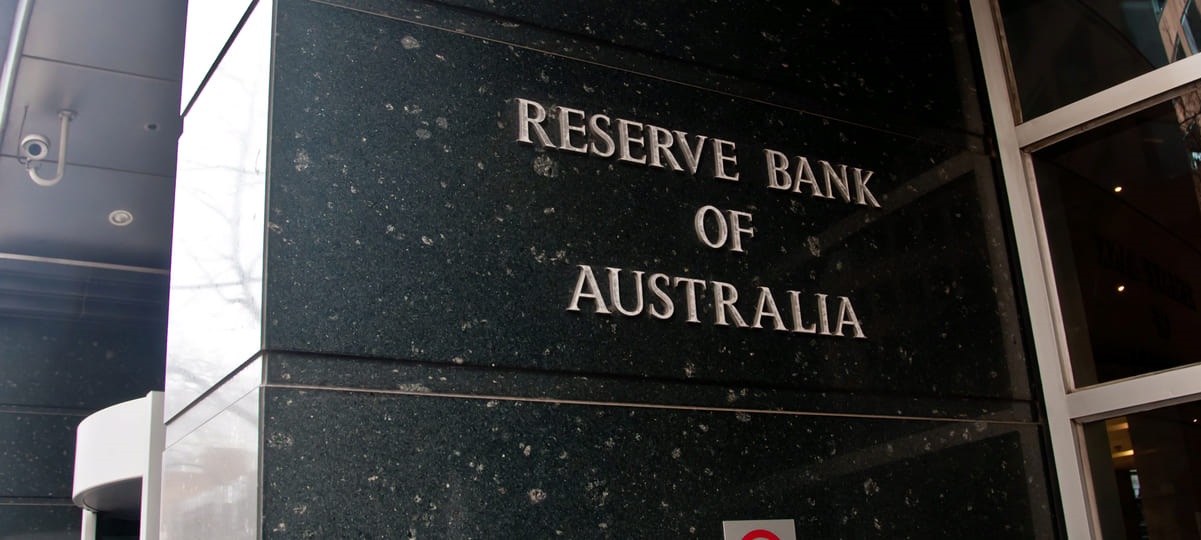
The Reserve Bank of Australia is due to meet to consider monetary policy next in early February. Photo: RBA
The Australian Council of Trade Union (ACTU) has called on the Reserve Bank of Australia (RBA) to cut official interest rates at its first policy meeting in February following today’s release of the November Consumer Price Index (CPI) figures.
The call comes during a more extended period of easing inflation which reached an annual rate of 2.3 per cent in the 12 months to November. This compared to 2.1 per cent the previous month, a slight rise which was attributed to increased energy rebates.
ABS head of prices statistics Michelle Marquardt said, “Annual CPI inflation has risen since last month, in part due to the timing of electricity rebates.
“In some states and territories, households received two rebate payments in October in lieu of not receiving a payment in July,” she said.
“From November, most households have received one payment. As a result, electricity prices fell 21.5 per cent in the 12 months to November, compared to a fall of 35.6 per cent to October.”
The ABS said that when prices for some items change significantly, measures of underlying inflation, such as the annual trimmed mean and CPI excluding volatile items and holiday travel, can provide a clearer insight into how inflation is trending.
“Annual trimmed mean inflation was 3.2 per cent in November, down from 3.5 per cent in October,” Ms Marquardt said, adding that annual trimmed mean inflation remains higher than the CPI because it removed large price falls for electricity and automotive fuel.
At the RBA’s last Board meeting on 10 December – before the November figures were released – the members elected to keep rates on hold, noting that “underlying inflation was still too high”.
It said Board members “noted that the data received since the previous meeting had not been sufficient to shift the central forecast for inflation or the labour market materially at this stage”.
“Members judged that economic developments remained consistent with the Board’s strategy of returning inflation to target within a reasonable timeframe while preserving as many of the gains in employment as possible.”
The RBA cash rate has remained at 4.35 per cent since November 2023, after it shot up from less than 1 per cent in June 2022.
The ACTU says November’s CPI figures should build on the RBA’s December expression of “confidence that inflation is moving sustainably towards target”, and that softer economic growth figures and predictable wage outcomes should give the Reserve Bank even more reasons to start pulling down the official cash rate.
ACTU President Michele O’Neil said the RBA needs to “stop sitting on their hands” and start cutting interest rates from February, “because household budgets will take months to repair”.
“A resilient jobs market is no reason to delay as spending on services makes up only a tiny part of discretionary spending and is not fuelling inflation,” she said.
“Australia faces a real risk that the one million job gains that we have made since the change of government will be eroded.
“The RBA needs to abandon its goal to lift unemployment and stop ignoring the warnings signs that interest rates need to come down,” she added.
“Annual economic growth of 0.8 per cent should serve as a wakeup call to the RBA to act on rates. There is little momentum in the economy and even less reason to think that inflationary pressures will re-emerge.
“Private sector investment has slowed, and workers are being so cautious that they are saving more than the income boosts they received from the July tax cuts, anxious to rebuild their savings and pay down debt.
“If it wasn’t for decent wage growth, investment in the care economy and infrastructure, all supported by this government, people would be worse off.
“The RBA needs to join the rest of the developed world and start cutting interest rates. There’s no more time to wait; workers and their families need interest rates to fall from February.”
The federal government would also welcome a rate cut. Prime Minister Anthony Albanese plans an early Federal Budget for March and is considering whether to hold an early election before May or let the current term run out.












